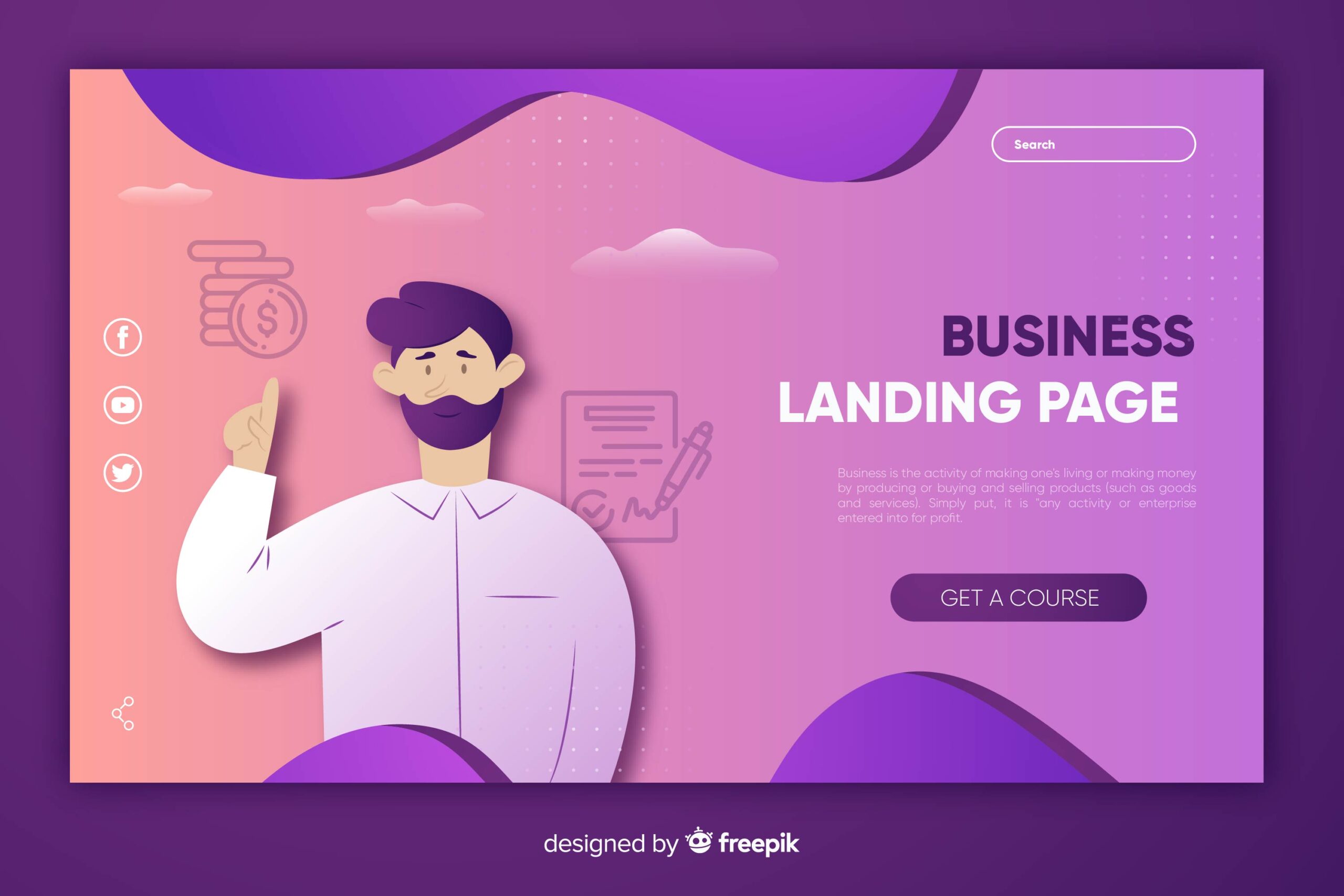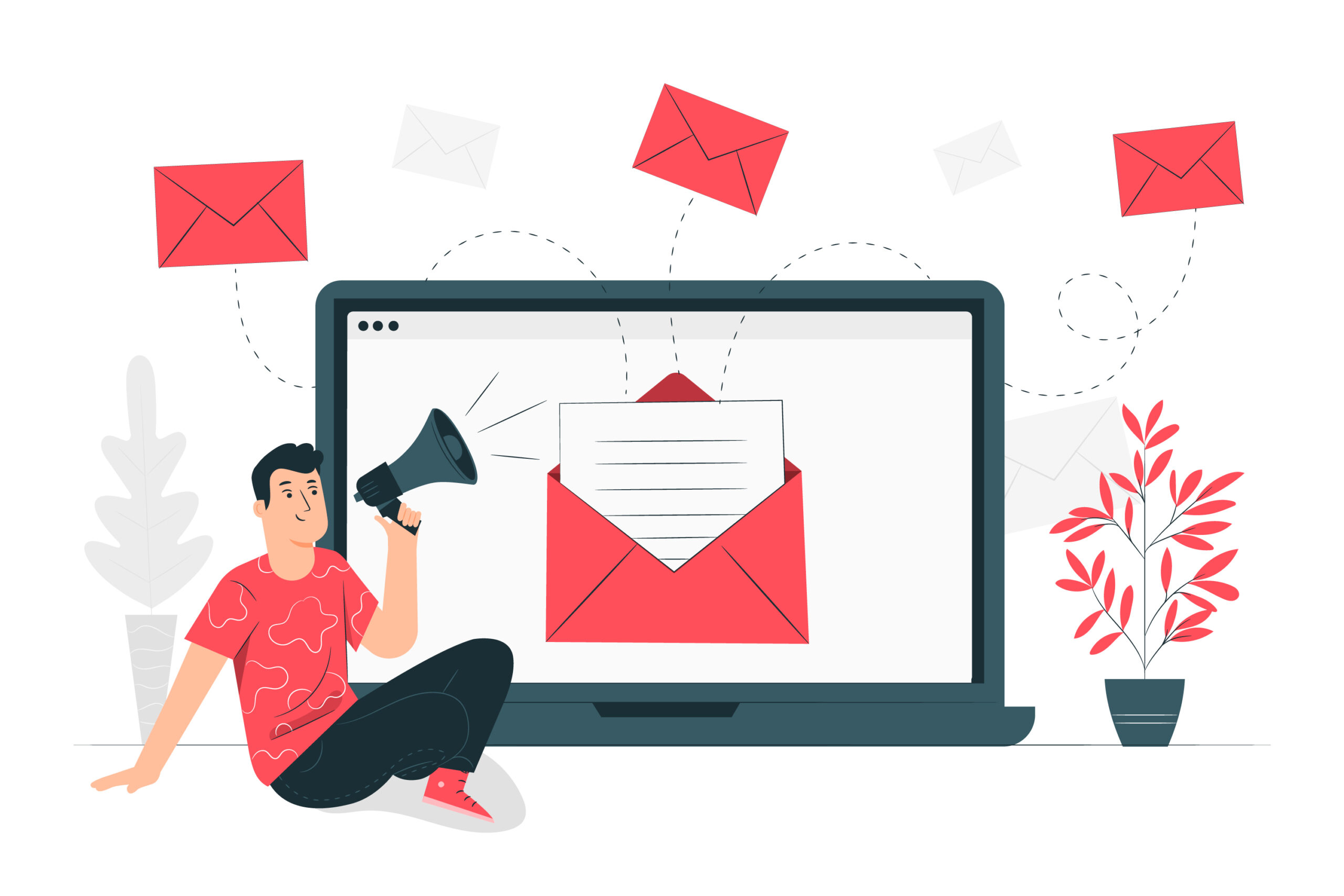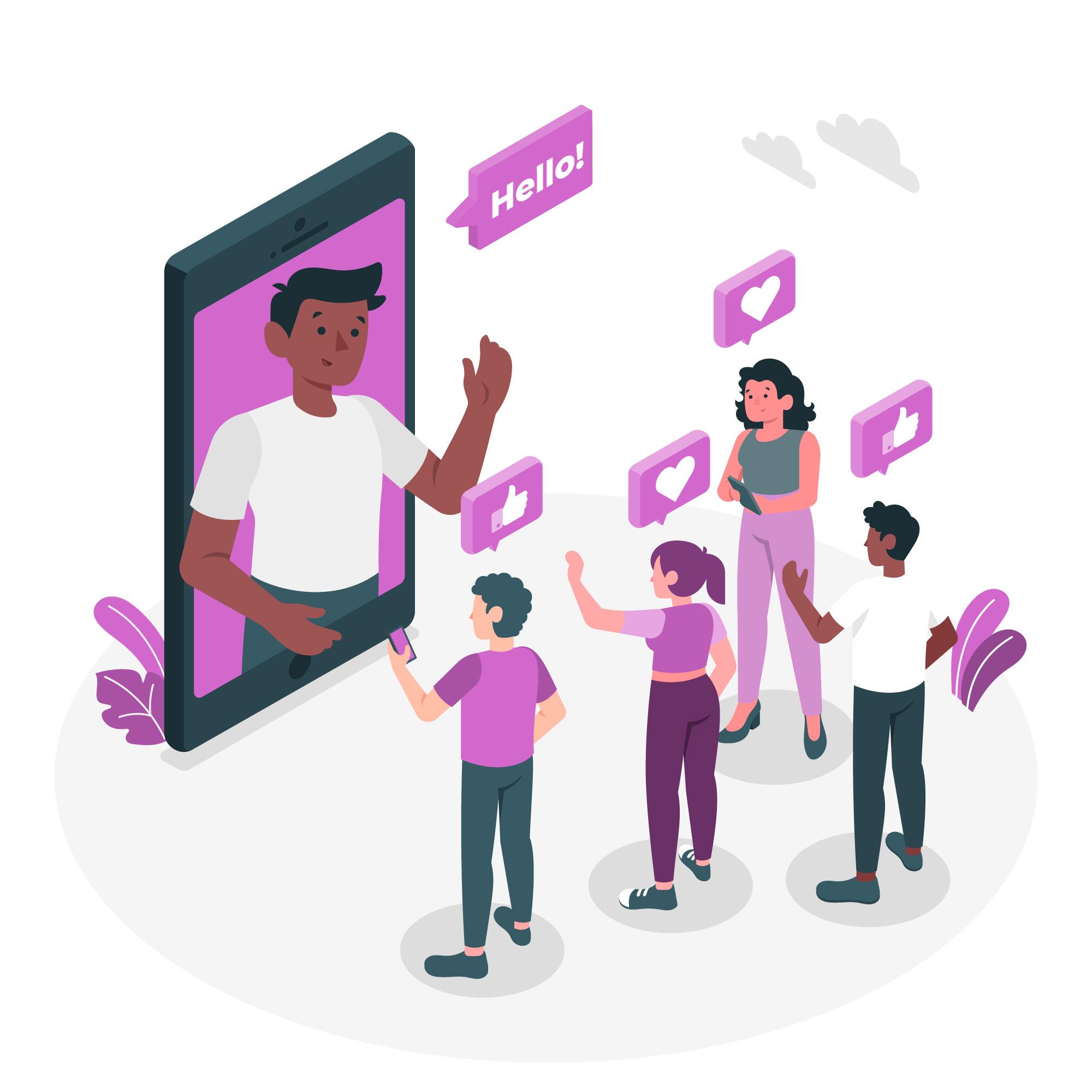Hyper-personalization has emerged as a transformative strategy in business-to-business (B2B) marketing, enabling organizations to deliver tailored experiences, relevant content, and personalized interactions that resonate deeply with individual prospects and customers. By harnessing the power of data analytics, artificial intelligence (AI), and marketing automation, B2B marketers can gain actionable insights into customer preferences, behavior, and intent, allowing them to create highly targeted campaigns and drive meaningful engagement throughout the buyer’s journey. Let’s explore how hyper-personalization is revolutionizing B2B marketing strategies and redefining the customer experience.
Understanding Hyper-Personalization: Hyper-personalization goes beyond traditional segmentation and targeting approaches by leveraging data-driven insights to deliver individualized experiences at scale. It involves the dynamic customization of content, messaging, and offers based on a prospect’s specific needs, interests, and stage in the buying process. Through advanced analytics, machine learning algorithms, and predictive modeling, B2B marketers can anticipate customer needs, personalize interactions across channels, and build deeper relationships that drive loyalty and advocacy.
Data-Driven Insights and Customer Intelligence: At the heart of hyper-personalization lies data-driven insights and customer intelligence that enable marketers to understand individual preferences, behavior patterns, and buying signals. By aggregating and analyzing data from multiple sources, including CRM systems, marketing automation platforms, website interactions, and social media engagement, marketers can gain a comprehensive view of the customer journey and identify opportunities for personalized engagement. This insight-driven approach empowers marketers to deliver the right message to the right person at the right time, maximizing relevance and resonance.
Personalized Content and Messaging: Hyper-personalization enables B2B marketers to tailor content and messaging to address the unique pain points, challenges, and interests of individual prospects and accounts. Through dynamic content creation, adaptive storytelling, and targeted messaging, marketers can deliver highly relevant and contextual experiences that guide prospects through the buying process and nurture long-term relationships. Whether it’s personalized emails, custom landing pages, or interactive web experiences, B2B marketers can leverage hyper-personalization to capture attention, build trust, and differentiate their brand in a crowded marketplace.
Account-Based Marketing (ABM) and Personalization: Account-based marketing (ABM) and hyper-personalization go hand in hand, enabling B2B marketers to create tailored experiences for high-value accounts and decision-makers. By combining ABM principles with hyper-personalization techniques, marketers can develop customized outreach strategies, curated content journeys, and targeted engagement tactics that resonate with key stakeholders within target accounts. This strategic alignment allows organizations to deepen relationships, drive conversion, and maximize ROI on marketing investments by focusing resources on accounts with the highest propensity to buy.
Marketing Automation and AI-Powered Personalization: Marketing automation platforms and AI-driven technologies play a central role in enabling hyper-personalization at scale. Through automation workflows, predictive analytics, and behavioral tracking, marketers can automate personalized interactions, trigger timely responses, and deliver dynamic content based on predefined rules and triggers. AI-powered algorithms can analyze vast datasets, identify patterns, and make real-time recommendations for optimizing messaging, segmentation, and campaign performance, driving efficiency and effectiveness in B2B marketing operations.
Conclusion: Hyper-personalization represents the future of B2B marketing, offering organizations the opportunity to elevate the customer experience, drive engagement, and achieve competitive differentiation in a digital-first world. By leveraging data-driven insights, advanced technologies, and customer-centric strategies, B2B marketers can deliver personalized experiences that resonate with individual prospects and accounts, fostering loyalty, advocacy, and long-term growth in today’s evolving marketplace.










